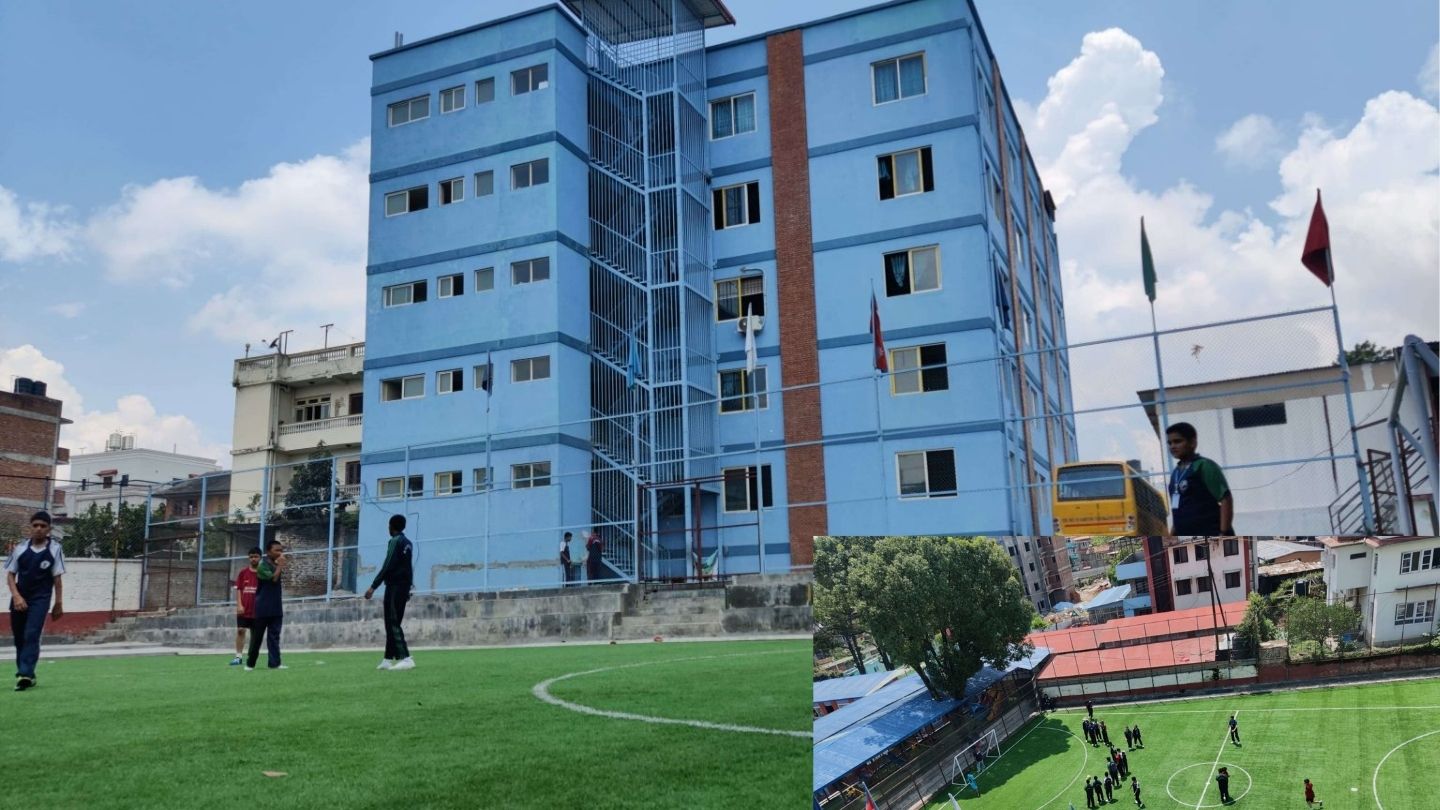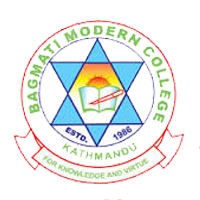Overview
Bachelor of Business Studies (BBS) at Gyankunj College, Ravibhawan, Kathmandu
The Bachelor of Business Studies (BBS) at Gyankunj College, Ravibhawan–Macchagate, Kathmandu, runs under Tribhuvan University (TU). The course follows TU academic policies and is recognized in Nepal.
You study core areas of accounting, finance, marketing, economics, business law, and management.

Overview
BBS at Gyankunj College serves students who want a solid undergraduate pathway into business and administration. The program follows TU’s four-year structure and uses the college’s classroom resources, library holdings, and ICT support. You receive steady guidance on study methods, exam preparation, and early career planning.
Faculty members teach through clear lessons, practice questions, and short projects. The college maintains a calm study environment and expects punctuality, regular attendance, and respectful conduct.
Highlights
-
Affiliation: Tribhuvan University (TU)
-
Duration: Four years (as per TU structure)
-
Study Areas: Accounting, Finance, Marketing, Economics, Organizational Behavior, Business Law, Research basics
-
Support: Library access, computer lab, counseling, academic feedback cycles
-
Assessment: Internal tests and TU examinations
Curriculum Details
The course follows TU’s BBS framework. Core papers cover the foundations of business, while specialization choices in later years help you deepen a focus area.
Typical study components include:
-
Accounting: Financial accounting, cost and management accounting, auditing concepts
-
Finance: Financial management, working capital, investment basics, sources of finance
-
Marketing: Consumer behavior, product and pricing basics, channels, promotion, sales planning
-
Economics: Micro and macro concepts, national income, market structures, fiscal and monetary ideas
-
Business Environment and Strategy: Nepal business environment, policy context, competitive analysis
-
Business Law: Contract, company law basics, negotiable instruments, legal compliance
-
Organizational Behavior and HRM: Motivation, leadership, communication, basic HR processes
-
Quantitative Techniques: Business mathematics and statistics for decision support
-
Research/Project Work: Short research tasks, data collection, and report writing as per TU guidance
Course codes and exact titles may change with TU updates. Gyankunj follows the official TU syllabus and exam scheme issued for the academic session.
Objectives
-
Build a clear understanding of core business functions used in Nepal’s public and private sectors.
-
Develop analytical habits for accounting entries, basic financial decisions, and market interpretation.
-
Strengthen writing and presentation skills for reports, minutes, and short policy notes.
-
Encourage ethical practice, record accuracy, and accountability in daily tasks.
Scope
Graduates move into entry-level roles in banks, trading houses, manufacturing units, NGOs, and public offices. Many students prepare for professional credentials after BBS, such as CA, ACCA, or banking certifications.
The TU degree also supports applications to master’s programs in Nepal and abroad, subject to the requirements of each university.
Learning Outcomes
After completing the course, students should be able to:
-
Prepare and interpret basic financial statements and management reports.
-
Apply core ideas from finance and economics to practical cases.
-
Plan simple marketing activities and draft communication material.
-
Use spreadsheets and statistical tools for routine analysis and reporting.
-
Follow business law basics relevant to contracts and company operations.
-
Write short research reports using clear methods and reliable sources.
Skill Development Modules
Gyankunj focuses on practical skills that help you function in real offices:
-
Number Skills: Journal entries, ledgers, bank reconciliation, variance checks
-
Analysis: Ratio study, cash flow basics, break-even insight, budgeting exercises
-
Communication: Meeting notes, memos, short reports, slide presentations
-
Data Skills: Spreadsheet formulas, tables, basic charts, clean documentation
-
Teamwork: Small group tasks, peer feedback, shared responsibility for deadlines
-
Ethics and Conduct: Respect for records, privacy, and transparent academic behavior
Teaching Methodology
Classes use short lectures, worked examples, and problem sets. Past papers guide exam readiness. Teachers arrange quick quizzes, mid-term tests, and review meetings. For project tasks, students practice topic selection, basic data collection, and clear referencing.
You can expect:
-
Concept lessons linked to TU syllabus sections
-
Step-by-step practice for accounting and finance questions
-
Case snippets for marketing and HR topics
-
Library and ICT support for assignments
-
Guidance on study planning during exam months
Admission Requirements
-
Academic Eligibility: NEB Ten Plus Two (+2) or equivalent with the minimum TU requirement for BBS entry
-
Process: Application form submission, document verification, and college selection steps as announced
-
Documents: Mark sheet, character certificate, transfer certificate (if applicable), two passport-size photos
-
Selection: Review of academic records and any internal assessment as per college notice
Gyankunj publishes intake notices and deadlines at the campus office or official communication channels. You should submit accurate details and keep copies of all documents.
Career Opportunities
BBS graduates can work across functions where accounting, finance, and administration matter. Common roles include:
-
Accounts assistant, junior finance officer, audit trainee
-
Marketing assistant, sales coordination, customer service in banks or firms
-
Administration support in NGOs and local enterprises
-
Junior analyst for data entry and basic reporting
Many students pursue higher study such as MBS, MBA, or specialized diplomas. Career choices depend on your results, internships, and personal effort.
Scholarships and Financial Aid
Gyankunj follows its scholarship policy for eligible students. Support may include merit awards, need-based assistance, and internal recognitions announced each academic year. You should inquire during admission, submit required documents, and follow the timelines stated in notices.
Why Choose This Course?
-
TU Framework: BBS carries national recognition and a clear exam system.
-
Balanced Learning: Core theory supported by practice sets and short projects.
-
Campus Support: Library, ICT access, and counseling help you plan studies and track progress.
-
Next Steps: Pathway to banking, accounting, marketing roles, and further study.
A short scenario helps picture the journey. A first-year student builds routine through daily accounting practice and weekend revision groups. By the third year, the same student handles a small project using spreadsheets and writes a concise report. The final year focuses on exam readiness and planning for either work or a master’s program.
Conclusion
BBS at Gyankunj College offers a clear route into business studies under Tribhuvan University. You learn the language of accounts, finance, marketing, law, and organizational work that Nepali offices use every day. The college supports steady habits, honest work, and exam focus. If you want a grounded business degree in Kathmandu, this course gives you structure, community, and space to grow through consistent effort.



















